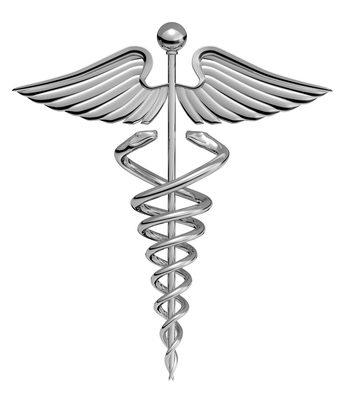TED talks refer to the widely popular series of short talks covering technology, entertainment and design topics. The goal of the nonprofit and non-partisan organization behind TED is to encourage dialogue and spread ideas that will impact people’s lives and attitude. TED talks are shared online and in live presentations across the world. With healthcare issues being a top-of-the mind concern for many people, TED talks focused on different aspects of this topic are among the most popular in the archives. TED talks focusing on health information technology are powerful presentations that demonstrate what the world needs to do to improve access and delivery of health care.
1. Anders Ynnerman: Visualizing The Medical Data Explosion
Professor Ynnerman has a Ph.D. in Physics, and he specializes in the applications of computer graphics and visualization. In his TED talk, Professor Ynnerman presents the latest developments and discovers in the field of medical imaging. He also discusses issues related to the collection and interpretation of data, highlighting the vastness of information generated from patient scans. Doctors are tasked with reviewing and interpreting these images. A portion of the talk delves into the challenges faced by health practitioners when it comes to deciding which information should be considered important and how this data can be used to learn more about injuries and diagnostic strategies.
2. Atul Gawande: How do we Heal Medicine?
Atul Gawande is a surgeon and a writer. In his TED talk, he raises the question of the cost issues facing the practice of modern medicine. Dr. Gawande points out that the medical field has developed treatments for thousands of conditions, medical and surgical procedures and scores of prescription medications to address illnesses in the world. However, access to health care is not equitable. Dr. Gawande recommends the use of checklists to establish protocols and track patient progress. The checklists will minimize errors and create a track record of successful patient encounters that may be replicated for patients in similar conditions.
3. Thomas Goetz:It’s Time to Redesign Medical Data
Thomas Goetz is a healthcare communicator, writer and entrepreneur. In his TEDMED talk, Goetz points out the data-laden nature of medical charts. However, access to these charts is limited even to the person whose information is in it. Additionally, the way that information is recorded in these charts make it impossible for patients to understand. Thus, what could potentially be useful information for improving one’s health is locked away in medical charts. Goetz makes the case for redesigning these charts to make them more useful and usable to improve patient’s health.
4. Daniel Kraft: Medicine’s future? There’s an App for That
Daniel Kraft is a physician, scientist and inventor. Aside from his position as faculty chair, his work focuses on exploring the effect and potential growth of technological developments in health and medicine. In his TED talk, Dr. Kraft discusses how technology has affected medicine and health exponentially although many fail to recognize the synergistic impact of these developments taken together. He defines the current period as the era of digital medicine where information technology, biomedicine and wireless technologies combine to improve access to patient information through mobile devices. Health practitioners should leverage these developments to improve quality of care.
5. Avi Rubin: All your Devices can be Hacked
Avi Rubin is a computer science professor and is also associated with Johns Hopkins University’s Health and Medical Security Lab. As a security expert, he is concerned with the security of electronic medical records and electronic medical devices. His TED talk discussed various ways that medical devices can be hacked while sensitive medical information can be accessed using wireless devices such as phones and tabs.
Timely access to information is a crucial element of the healthcare system. Advances in technology have made it easier to generate information about patients’ background, health conditions and treatment. Data security must be balanced with the need to make information accessible to ensure positive and productive patient outcomes.
See also: Top 10 Online Master’s in Health Informatics Degree Programs
